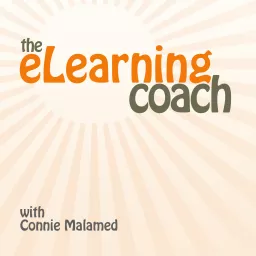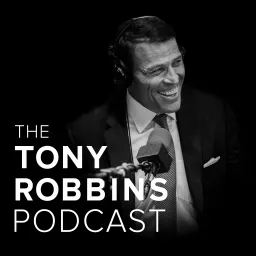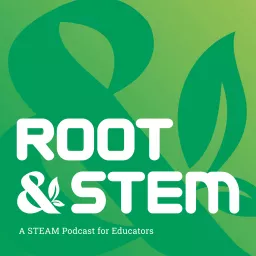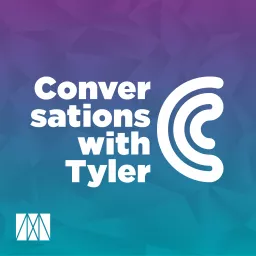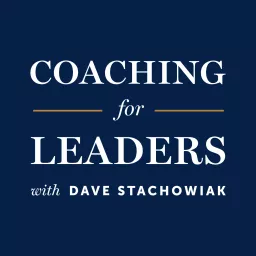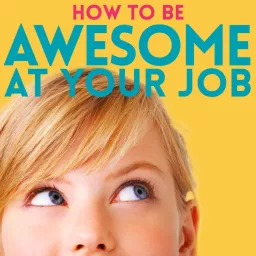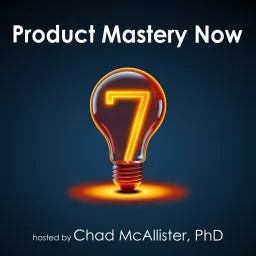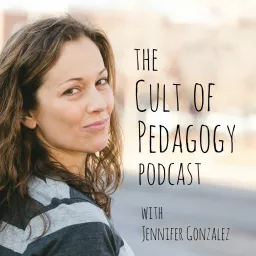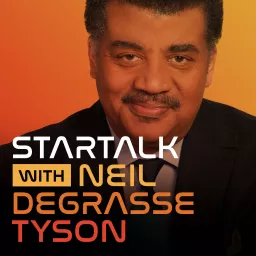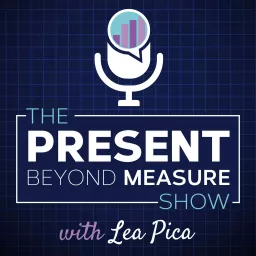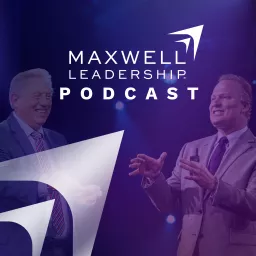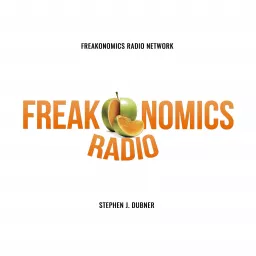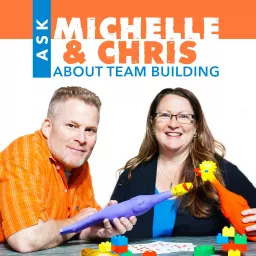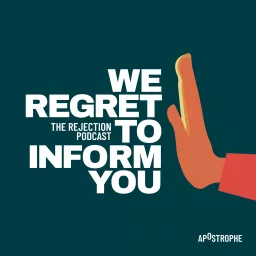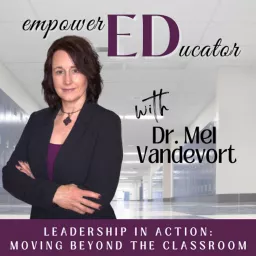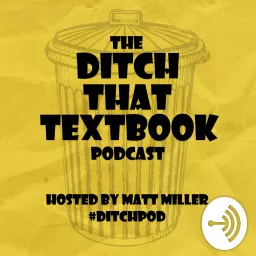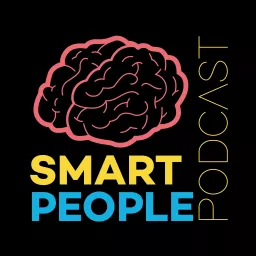ExperiencED
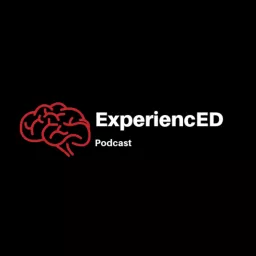
The ExperiencED podcast explores the process of learning from direct experience in all of its forms. We believe that experiential education is a strong complement to learning from a traditional academic curriculum. Experiential learning is particularly effective at informing students about their potential career paths and bridging the common gap between classroom-based skills and skills that are most practical for the workplace. Perhaps more importantly this approach is effective in broadening a student’s world view and increasing their capacity for humanity. Episodes offer a variety of interviews and conversations with individuals who bring unique perspectives on the importance of experiential education. Hosted by a multidisciplinary team: Jim Stellar (behavioral neuroscience), Mary Churchill (sociology), and Adrienne Dooley (education practitioner) We see experiential education as taking advantage of the fact that the brain functions on two levels: the first being conscious knowledge and the second being unconscious knowledge based on instinct and feeling. This division in decision-making is both newly recognized in the field of neuroeconomics and long recognized in the writings of philosophers, e.g. Blaise Pascale – “The heart has reasons of which reason does not know.”

